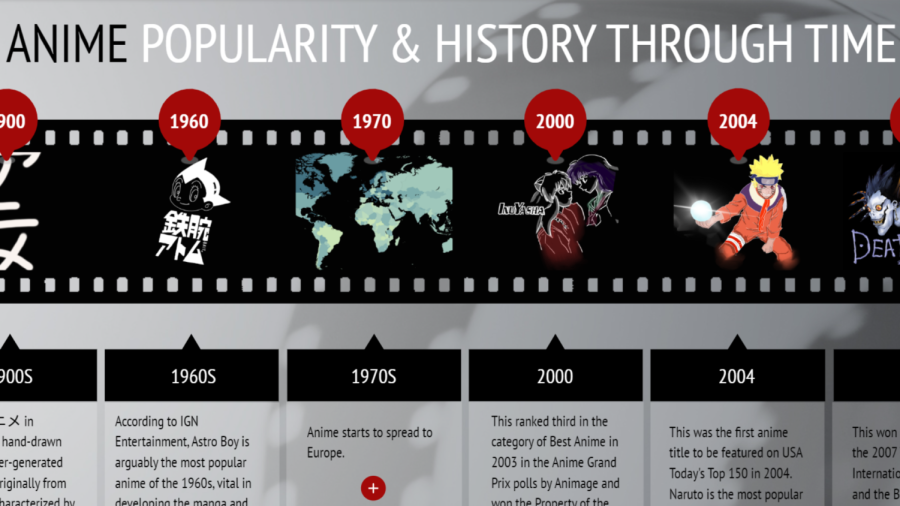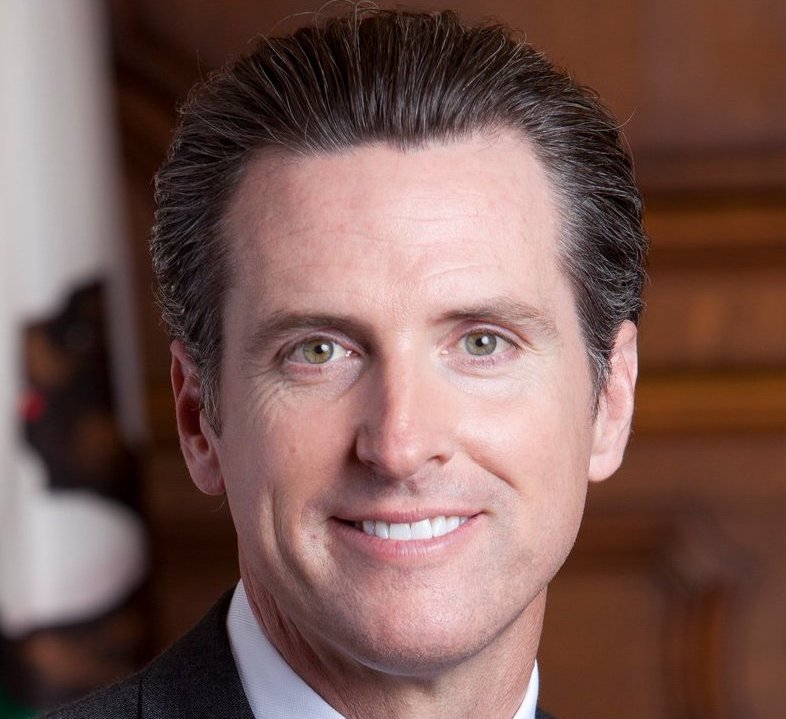Almost all scary movies have that crucial scene right before something bad is about to happen, when the suspense is building and everyone in the theater can guess what will happen next. As an audience member you wonder if the characters of the movie can sense the oncoming trouble as well; and if they can, why wouldn’t run as fast as they could away from the danger?
An obviously oblivious girl staying a bit too long in a haunted house or an egotistical spelunker deciding to explore an uncharted cave alone make the audience shake their heads in disapproval of the character’s clear stupidity in the face of danger. The audience objects to the character’s antecedent action, or more commonly lack of action taken before the disaster.
It’s easy to see how these character’s passive or often stupid behavior lands them in trouble. Just as it’s easy to think: if I was placed in a similar situation, I’d be able to avoid destruction by reading the context clues better and bolting from the premises at the first signs of trouble.
We’d all like to imagine, that in the real world, trouble is avoided through creatively maneuvering out of dangerous situations using intellect and action. However, real life is not so clean cut, and situations can arise where taking survival action isn’t plausible.
Similar to these characters who find themselves on a path towards disaster, we as American citizens find ourselves in a precarious situation with North Korea’s announcement about launching nuclear missiles at the United States. Though the probability of this threat being carried out is under question, it’s existence at all is unsettling.
What is even more alarming is the lack of alarm shown by American citizens at the present danger of a nuclear explosion on American soil. Much like in the movies, despite the palpable the growing tensions life continues on, unchanged by the recent declaration. It seems as if our nation was falling into one of the classic hollywood pitfalls of passive behavior and it is distressing that no one is preparing themselves for the possibility of an attack.
But how would one prepare or take preventative measures against such a possibility? As it turns out, there is no way to prepare except to panic.
During the Cuban Missile Crisis, the United States came incredibly close to a nuclear confrontation with Soviet Russia. Because of government propaganda, the red scare, and Cold War tensions, the public was in an absolute panic over the probability of destruction. Yet still during that time, amid the chaos the panic caused, life also continued on undisturbed. The citizens understood that the action that needed to be taken was above their pay grade and instead of cowering in the basement panicking, they chose the action of continueing on.
Similar to the situation back in 1962, the power to affect this threat lies outside the publics’ control. The human survival instinct may be unsatisfied with passive behavior, but at times passive behavior is the only viable option available. Although it may seem like we as citizens are comparable to a schoolgirl who is walking through a cemetery at night, our lack of preventative action shouldn’t be disapproved of.
Though the threat of a nuclear attack is becoming more plausible, the power of prevention lies beyond the grasp of the average citizen and as Americans though it may seem like foolish option, passiveness, is the only available response.






